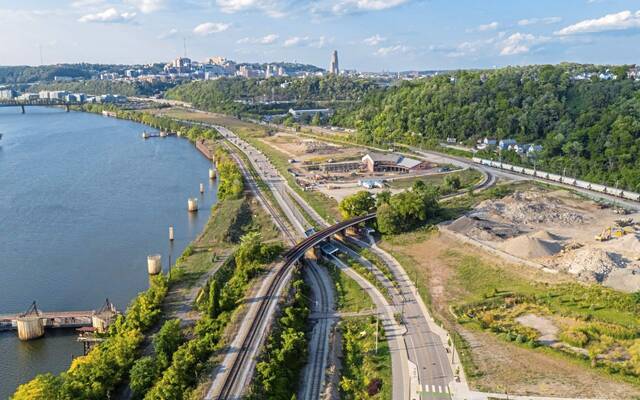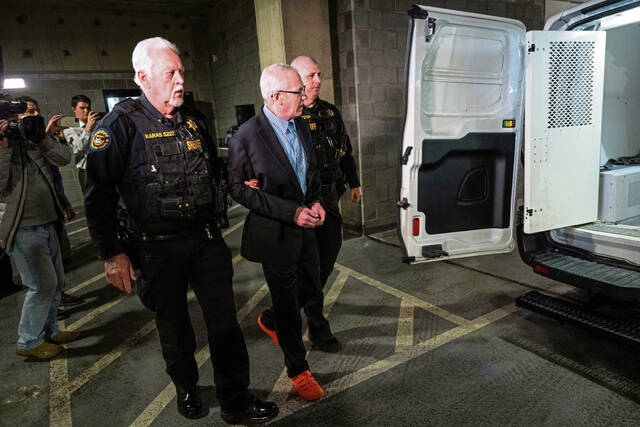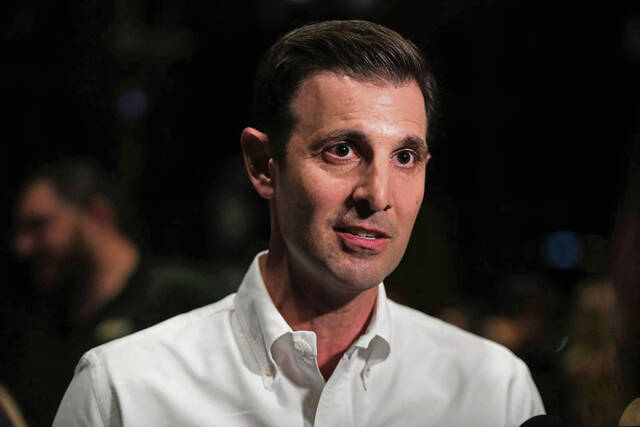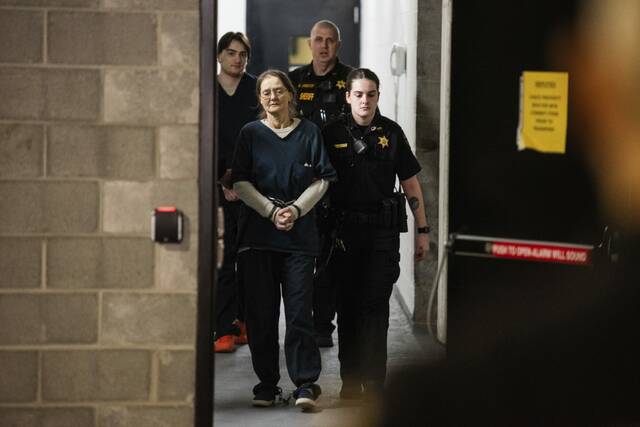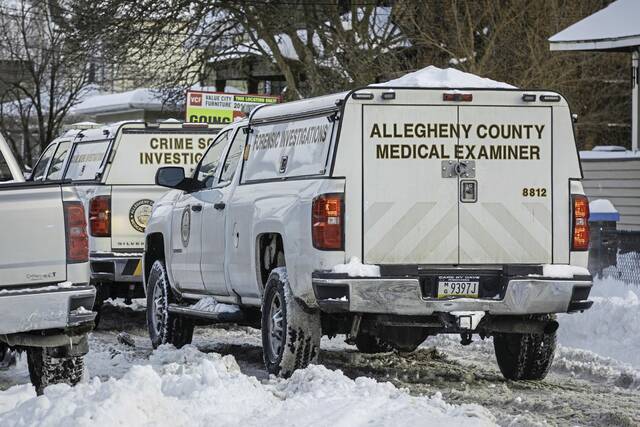A major biomanufacturing partnership is coming to Pittsburgh’s Hazelwood Green development.
The University of Pittsburgh on Thursday announced a 30-year partnership that will bring Massachusetts-based ElevateBio to the university’s Pitt BioForge Biomanufacturing Center at Hazelwood Green.
Officials said the partnership will bolster the development of innovative cell and gene therapies.
“We have some exceptional emerging research coming out of the University of Pittsburgh. However, the missing ingredient has been access to high-quality process science and manufacturing capabilities,” said Dr. Anantha Shekhar, Pitt’s senior vice chancellor for health sciences.
“ElevateBio’s expertise and reputation in cell and gene therapy made them the perfect partner to accelerate our ability to build our biomanufacturing center of excellence,” he added.
ElevateBio Chairman and CEO David Hallal said Pittsburgh is “an ideal location” for the site “at the intersection of science, technology and talent.”
In November, the Richard King Mellon Foundation announced a $100 million grant — the largest single-project grant in the foundation’s 75-year history — to create the Pitt BioForge Biomanufacturing Center.
“Pitt BioForge is a generational opportunity to bring extraordinary economic-development benefits to our region and life-changing cell and gene therapies to patients,” said Sam Reiman, director of the Richard King Mellon Foundation.
The new facility is expected to create more than 170 permanent full-time jobs, plus 900 construction jobs and 360 off-site support jobs.
Gov. Tom Wolf is at Hazelwood Green this morning announcing a partnership between Pitt’s BioForge and ElevateBio, who will be launching a biomanufacturing site here. pic.twitter.com/n63w6128R7
— Julia Felton (@JuliaFelton16) August 25, 2022
“This announcement is continued verification of Pittsburgh’s ability to attract new and emerging companies that provide economic opportunities in the life sciences field,” Allegheny County Executive Rich Fitzgerald said. “The University of Pittsburgh and its medical school are a magnet for that ecosystem, and, along with this region’s quality of life and investment in innovation, we continue to see businesses choosing Pittsburgh.”
The state committed about $860,000 to assist the partnership, a Pitt spokesperson said.
Gov. Tom Wolf said ElevateBio’s decision to come to Pittsburgh is “reaffirming” that the city has become a technology and innovation hub.
“Pittsburgh is already great as a leader in manufacturing, and today the city is transforming itself once again as a manufacturing leader but also as an innovation leader,” Wolf said.
The biotechnologies manufactured at the site will help to bring about new treatments and cures for an array of diseases, Shekhar said.
“Gene therapy is able to create spectacular treatments and cures for cancer, for a variety of chronic diseases and, I believe, very soon even for Alzheimer’s disease and Parkinson’s disease,” he said.
Hallal said the technology is “in its infancy.” By partnering with researchers and scientists at UPMC and the University of Pittsburgh, he said, ElevateBio will be able “to bring their concept from bench to bedside.”
Shekhar said the goal is to begin design work for the biomanufacturing facility in the first quarter of next year. It likely will take about three to three-and-a-half years to complete construction. ElevateBio is expected to move into the space in 2026.
A training program for workers is launching now, Shekhar said, so a trained workforce will be ready when the facility opens. ElevateBio will be taking people from Pittsburgh to its Boston site for training.
Hallal expects about half of the 170 full-time jobs created at the site will require a community college-level education, with additional training for the specific role.
“This is not a kingdom of Ph.D.s and MDs,” he said.
Pittsburgh Mayor Ed Gainey said the new biomanufacturing facility and the jobs it will create show Pittsburgh’s economy is adapting to keep up with modern demands.
“This is no longer what we consider the new economy. This is Pittsburgh’s economy now,” Gainey said. “It is a tech town. It is a bio town.”


